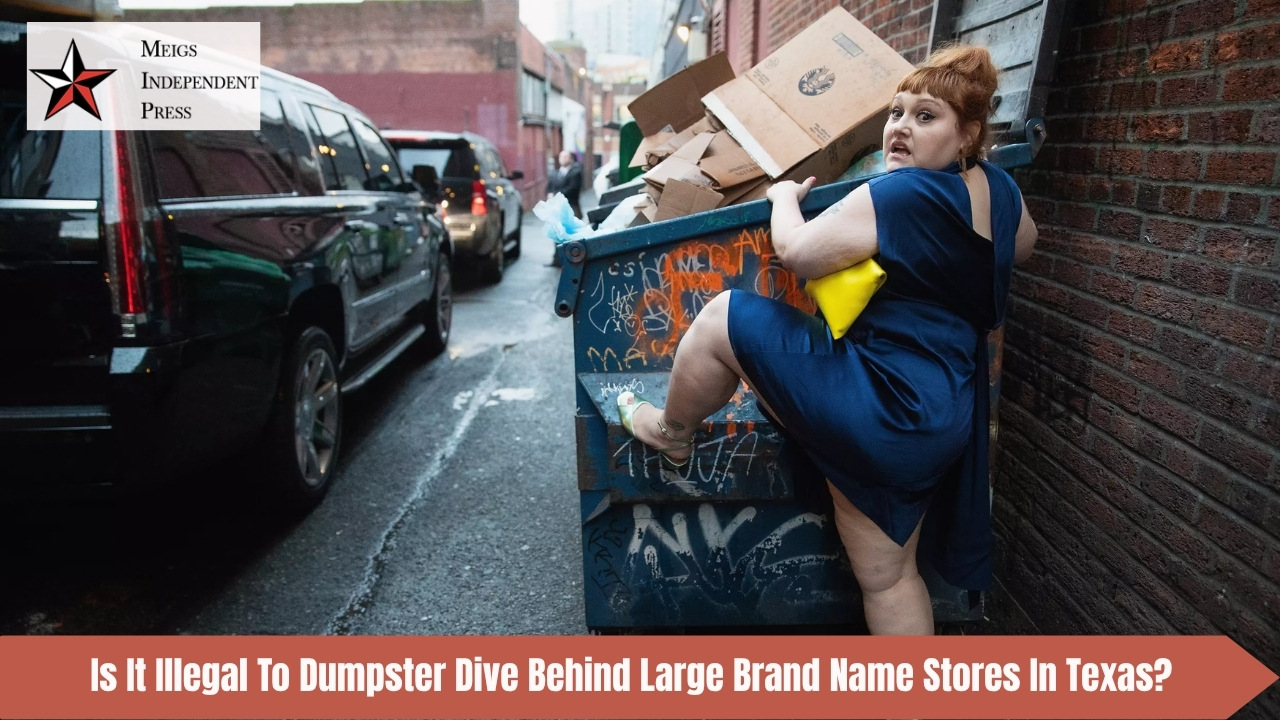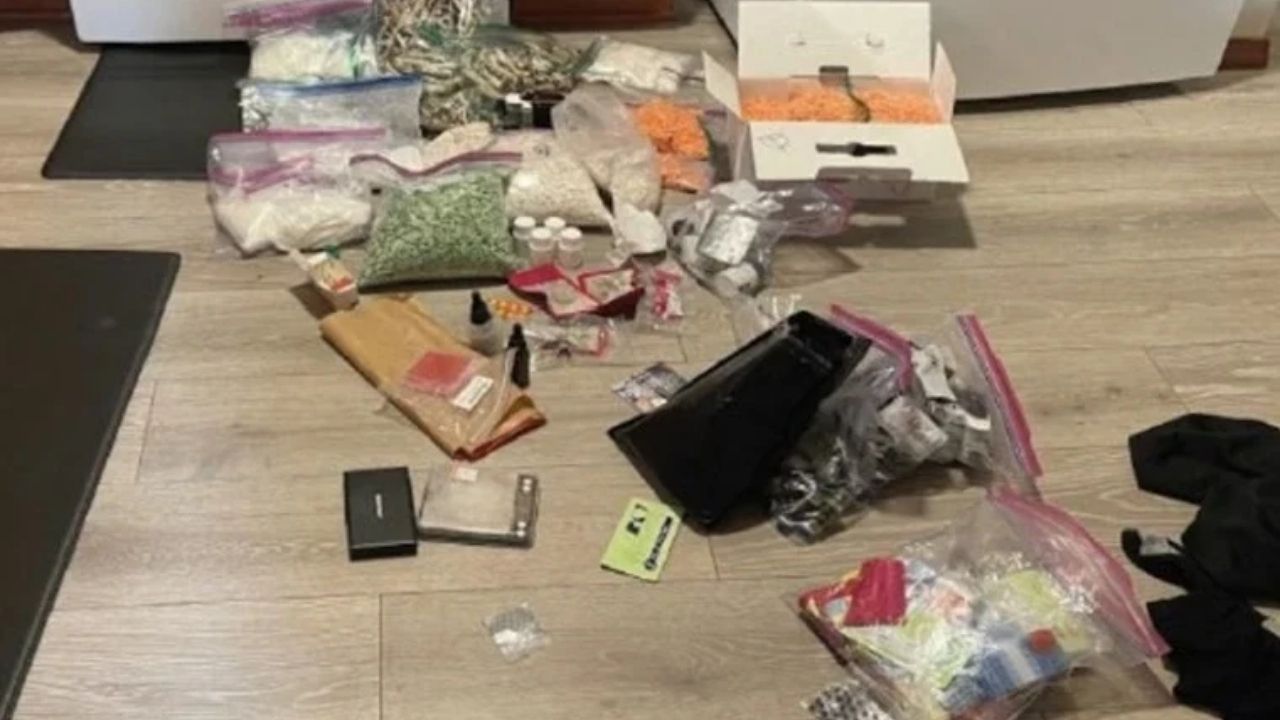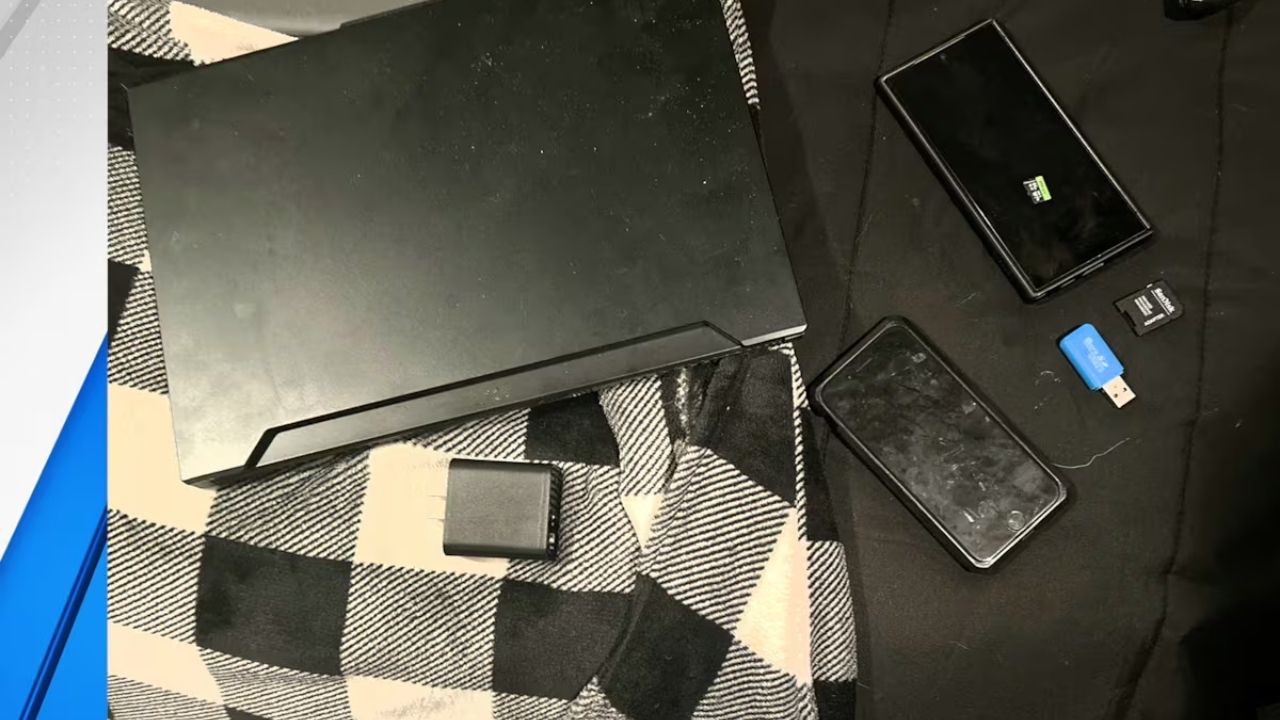The image is a familiar one in online communities and reality TV shows: a triumphant individual pulling a seemingly brand-new laptop, a designer handbag, or a week’s worth of untouched groceries from a retail dumpster. For some, dumpster diving is an act of environmentalism, rescuing usable goods from the landfill. For others, it’s a thrifty hobby or even a source of income. This has led many to wonder, especially in a state with a strong sense of property rights like Texas, is it actually legal to go treasure hunting behind large brand-name stores?
The answer is not a simple yes or no. While the act of taking discarded items isn’t explicitly illegal across the state, the journey to the dumpster itself is fraught with legal pitfalls. The legality of your dive hinges almost entirely on where the dumpster is located, turning a potential treasure hunt into a legal minefield if you’re not careful.
The Legal Foundation: A Supreme Court Decision on Trash
To understand the laws in Texas, one must first look at the national precedent. The legal landscape for dumpster diving in the United States was fundamentally shaped by the 1988 Supreme Court case California v. Greenwood. In this landmark decision, the court ruled that when a person disposes of their trash by placing it in a public area for collection, they forfeit any expectation of privacy.
This ruling established the concept of “abandoned property”. Essentially, once an item is in the trash on a public curb, it is considered public domain, and anyone can legally take it as long as they are not breaking any other laws in the process. This federal precedent makes dumpster diving legal in principle throughout the United States. However, it’s the crucial phrase—”breaking any other laws”—where the complexities begin, especially at the state and local levels.
The Texas Two-Step: Navigating State and Local Rules
At the state level, Texas law is surprisingly quiet on dumpster diving. There is no specific statute that outright bans the practice. This lack of a statewide prohibition, however, does not mean it’s a free-for-all. The legality of dumpster diving in Texas is governed by a combination of local ordinances and, most importantly, property laws.
This creates a critical distinction that every aspiring diver must understand: the difference between public and private property.
-
Public Property: If a dumpster is located in a truly public space, such as a park or a public collection area with no access restrictions, diving is generally permissible. The items within are considered abandoned, and accessing them does not violate property laws.
-
Private Property: This is the category that includes virtually all large brand-name stores. The parking lots, loading docks, and service alleys behind retailers like Walmart, Target, or Best Buy are private property. Even if they are accessible to the public for shopping, the land belongs to the corporation. Diving in dumpsters on this land without permission is illegal.
Furthermore, individual cities and municipalities within Texas are free to enact their own ordinances that may specifically prohibit or regulate dumpster diving. This means an activity that is tolerated in one city could lead to a fine in a neighboring one. Therefore, the first step for any diver should be to research the specific ordinances in their local jurisdiction.
Trespassing: The Biggest Legal Hurdle in Texas
For those eyeing the dumpsters behind major retail chains, the single most significant legal obstacle is the law against trespassing. This is where the dream of a free bounty can quickly turn into a legal nightmare.
Under Texas Penal Code Section 30.05, a person commits criminal trespassing if they enter or remain on another’s property without their effective consent, particularly if they had notice that the entry was forbidden. This is the cornerstone of why diving behind a store is almost always illegal.
The law is clear about what constitutes “notice” that you are not welcome:
-
Signs: Any sign posted on the property that indicates entry is forbidden, such as “No Trespassing” or “Employees Only,” serves as legal notice.
-
Fences and Enclosures: A fence, a gate, or any other structure designed to exclude intruders is a clear physical and legal barrier. If a dumpster is inside a fenced-off area or a trash compactor enclosure, entering it is trespassing.
-
Locked Dumpsters: A lock on a dumpster or its enclosure is an unambiguous signal that the contents are not for public taking and that access is prohibited.
-
Verbal or Written Warnings: If a property owner, manager, or employee tells you to leave, you must do so immediately. Refusing to leave after receiving such a notice is trespassing.
The penalties for criminal trespassing in Texas are not trivial. Depending on the circumstances, the offense can range from a Class B to a Class A misdemeanor, carrying potential fines and even jail time.
Dispelling the “It’s Just Trash” Myth
A common argument from hopeful divers is that since the items are being thrown away, the store no longer wants them. While this is true, it’s a dangerously simplistic view. The concept of abandoned property from California v. Greenwood does not give you the right to walk onto someone else’s land to retrieve it. Property lines trump the abandoned property rule. The trash may be abandoned, but the land it sits on is not.
From a business’s perspective, there are valid reasons to restrict access to their dumpsters. These include liability concerns if a diver is injured on their property, the need to protect proprietary or sensitive information that may have been disposed of, and the simple desire to prevent messes and disruptions to their operations.
Beyond the Law: Safety, Ethics, and Best Practices
Even if you could legally access a dumpster, there are significant safety and ethical considerations to weigh.
Safety First
The contents of a dumpster can be hazardous. Divers risk encountering:
-
Sharp objects like broken glass, jagged metal, and used medical needles.
-
Hazardous chemicals from cleaning supplies or damaged products.
-
Rotting food that can harbor dangerous bacteria.
-
Pests such as rodents or insects.
Beyond the contents, there is a personal safety risk unique to Texas. State law allows property owners to use force—though not deadly force—to terminate a trespass. In a state with strong property rights, confronting a property owner while trespassing, especially at night, can be a dangerous situation.
Ethical Diving and Best Practices
For those who wish to dive responsibly, the community generally follows an unwritten code of ethics:
-
Ask for Permission: The only surefire way to legally and ethically dumpster dive behind a business is to ask the store manager for permission. While many will say no due to corporate policy, some small business owners may agree, especially if you explain your intentions (e.g., recovering food for a charity).
-
Leave It Cleaner Than You Found It: Never leave a mess. This is the golden rule of dumpster diving. A messy area will only guarantee that the business locks up its dumpster and is less likely to grant permission in the future.
-
Be Discreet and Respectful: If you have permission, dive at a time that does not interfere with business operations. Be quiet, efficient, and respectful of the property.
The Verdict: To Dive or Not to Dive in Texas?
So, is it illegal to dumpster dive behind large brand-name stores in Texas? In almost all cases, yes. While the act of taking trash itself is not banned by a specific state law, accessing the dumpsters invariably requires you to commit criminal trespassing, which is illegal.
The legal reality is that the dumpsters located behind major retailers sit on private property, and companies protect that property with signs, fences, and locks. Ignoring these warnings is a direct violation of Texas trespassing law. The safest, and truly only legal, path forward is to get explicit permission from a property owner. Without it, you are taking a significant legal and personal risk for a reward that may not be worth the consequences.








Leave a Reply